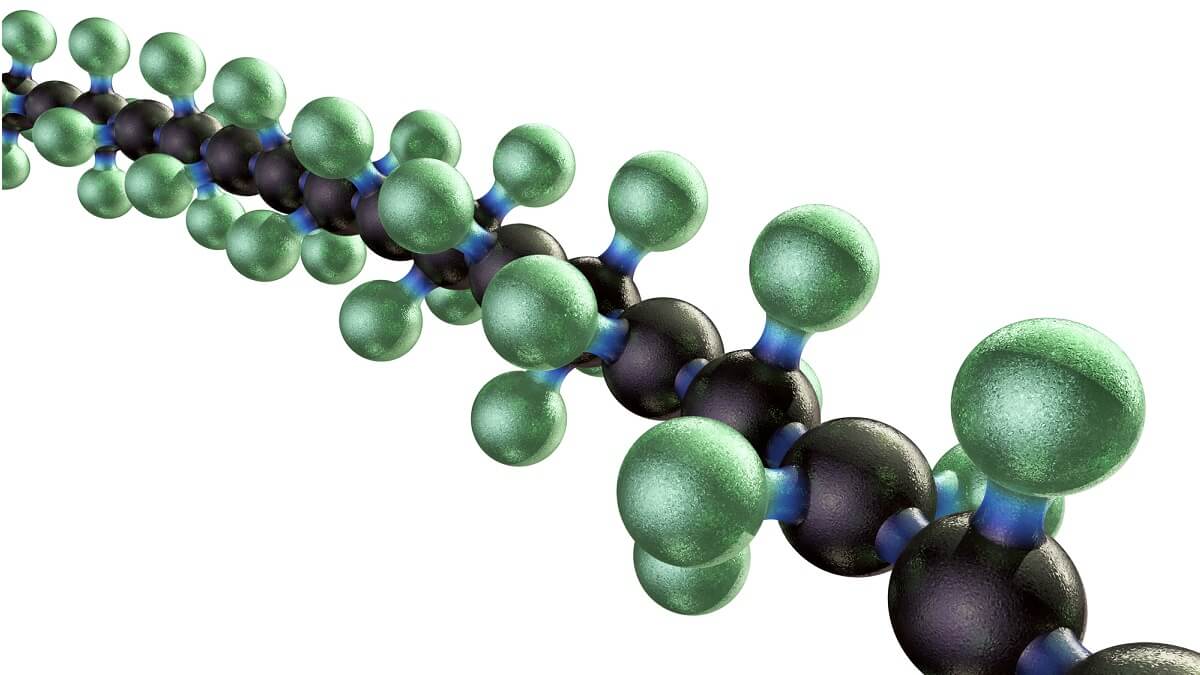Reusing Polymers: Advertising a Circular Economic Climate
Discovering the Varied Applications and Advantages of Polymers in Different Industries
Polymers, with their diverse array of homes and performances, have actually ended up being important in different industries, each reaping unique advantages from their application. From enhancing safety and security and efficiency in the vehicle sector to changing medical devices in the health care industry, polymers play a critical role.
Automotive Market Applications
Polymers play a critical duty in enhancing the efficiency and toughness of numerous elements within the auto industry. These functional materials are extensively utilized in the manufacturing of various components, ranging from interior parts to under-the-hood applications. One prominent use polymers in the auto market remains in the manufacturing of lightweight elements. By changing traditional metal get rid of polymer-based alternatives, cars can attain better fuel effectiveness without compromising on strength or safety.

Health Care Sector Benefits
In numerous medical care applications, the advantages of utilizing polymers are extensively identified for their varied series of advantageous residential properties. Polymers play a crucial role in the healthcare industry due to their flexibility, biocompatibility, and cost-effectiveness. Among the main advantages of polymers in health care is their capability to be tailored to particular needs, such as adaptability, longevity, and biodegradability, making them ideal for a wide variety of clinical applications.
Polymer-based products are extensively used in clinical tools, such as catheters, implants, prosthetics, and medication shipment systems, due to their biocompatibility and capacity to resemble all-natural cells. These materials can reduce the risk of allergies or beings rejected, boosting client safety and security and end results. Furthermore, polymers are light-weight, making them appropriate for wearable clinical tools and making sure individual comfort.
In addition, polymers allow the development of cutting-edge treatment approaches, such as hydrogels for tissue design and nanocomposites for targeted drug shipment. Their convenience of handling and sterilization makes them necessary for maintaining high requirements of health in health care setups. Generally, the diverse benefits of polymers contribute substantially to innovations in medical modern technology and individual care.
Environmental Advantages of Polymers

Additionally, polymers can add to power financial savings as a result of their light-weight nature. In industries such as transportation, lightweight polymer materials can help in reducing gas usage and greenhouse gas exhausts. Additionally, polymers can allow the advancement of energy-efficient products such as insulation materials that improve energy preservation in structures.
In addition, polymers play an essential role in minimizing water contamination. The use of polymer-based purification systems can properly get rid of contaminants and pollutants from wastewater, protecting water resources and ecosystems. Overall, the ecological benefits of polymers make them important assets in advertising sustainability and environment-friendly methods across various sectors.
Polymers in Electronic Devices and Innovation
Considering the increasing need for ingenious and sustainable remedies in modern-day markets, the integration of innovative polymer modern technologies in the realm of electronic devices and innovation has arised as an essential technique for driving efficiency and efficiency. Polymers have changed the electronics sector by allowing the manufacturing of lighter, a lot more flexible, and sturdy electronic tools. From mobile phones to medical gadgets, polymers play a crucial duty in boosting product style and functionality.
One substantial advantage of hop over to here polymers in electronics is their shielding buildings, which help secure delicate electronic components from ecological factors and electrical disturbance. Additionally, polymers are necessary in the development of flexible display screens, wearable innovation, and published electronic devices, providing limitless opportunities for creating wise and interconnected gadgets.
In addition, the usage of polymers in digital packaging has caused advancements in miniaturization and thermal management, boosting the total performance and reliability of electronic systems. As innovation remains to advance, the versatility and versatility of polymers will certainly drive additionally technology in the electronic devices industry, shaping the future of technology.
Role of Polymers in Building and Facilities
The combination of sophisticated polymer products in building and facilities tasks has transformed the method structures are developed and integrated in contemporary times. Polymers provide various benefits in the construction sector as a result of their convenience, durability, and cost-effectiveness. One key role of polymers in building and construction is their use in layers and sealers, giving defense versus environmental factors such as moisture, UV radiation, and deterioration. Furthermore, polymers are used in the manufacturing of light-weight and high-strength composite products, improving the structural integrity of structures while decreasing overall weight.
In addition, polymers play a vital function in sustainable building review and construction techniques by allowing the advancement of energy-efficient frameworks. Shielding products made from polymers assist manage interior temperatures, lowering the requirement for heating and cooling systems and ultimately lowering power usage. Furthermore, making use of polymer-based compounds in framework tasks such as bridges and roads boosts their longevity and lowers upkeep expenses. In general, the consolidation of polymers in building and framework showcases their substantial effect on modern-day see it here engineering techniques.
Conclusion
In conclusion, polymers play a vital function in various industries such as auto, medical care, environmental, electronics, and construction. From improving gas effectiveness in cars to enhancing clinical tools, polymers supply countless advantages.